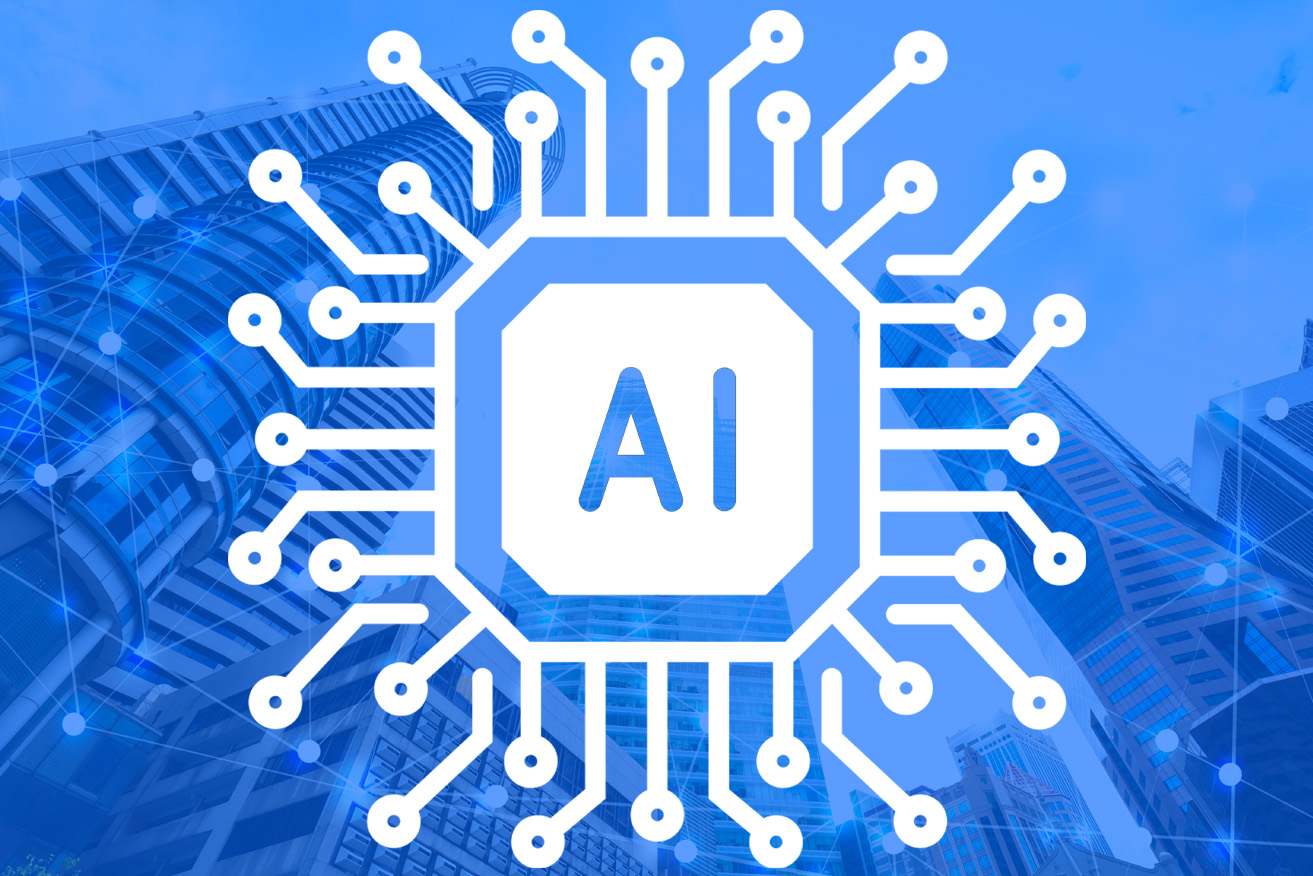Artificial Intelligence (AI) is no longer just a buzzword but a revolutionary force across various industries, including web design. As technology advances, AI is increasingly integral in creating more intuitive, engaging, and user-friendly websites. This blog post explores the transformative role of AI in web design and how it can significantly enhance user interaction and experience.
If you are interested in launching your personal or business website, Aventine Digital can take your vision to reality!
1. Automated Web Design
AI technologies like Adobe Sensei and Wix ADI (Artificial Design Intelligence) are pioneering automated web design, which simplifies the creation of custom websites. These AI-driven platforms analyze users’ content and aesthetic preferences to automatically generate web designs in minutes. This not only speeds up the design process but also makes web development more accessible to non-designers, ensuring that every website is both aesthetically pleasing and functionally robust.
2. Enhanced User Experience through Personalization
Personalization is key in creating a memorable user experience. AI excels in analyzing vast amounts of data from user interactions and delivering personalized content to individuals. For instance, AI can track user behavior on a website and display personalized messages, product recommendations, and dynamic content that caters to the interests and needs of that particular user. This level of personalization not only enhances the user experience but also increases the likelihood of conversion.
3. Improved User Interface with AI Chatbots
AI-powered chatbots have become an essential feature in modern web design, providing real-time communication with visitors. These chatbots can handle inquiries, guide users through the website, and provide immediate assistance and customer support. By integrating natural language processing, chatbots can deliver a conversational experience that helps in building relationships and improving customer satisfaction.
4. Accessibility Enhancements
AI is also instrumental in making websites more accessible to people with disabilities. Tools like accessiBe use AI to automatically adjust web design elements to comply with accessibility standards, such as the Web Content Accessibility Guidelines (WCAG). This not only helps businesses serve a wider audience but also ensures compliance with legal standards.
5. Predictive Analytics and User Behavior Forecasting
AI tools can predict future trends and user behaviors by analyzing past interactions on the website. This predictive capability can be crucial for web designers and business owners in decision-making processes related to layout changes, content creation, and more. By understanding what users are likely to want in the future, designers can proactively implement design elements that enhance user engagement.
6. SEO Optimization
AI is reshaping SEO strategies within web design by optimizing content to meet search engine algorithms. AI can suggest changes to content, structure, and even meta-tags based on its understanding of successful SEO trends. Moreover, AI-driven voice search optimization is becoming crucial as more users adopt voice-activated internet searches.
Conclusion
The integration of AI into web design is not just enhancing the aesthetic and functional aspects of websites but is fundamentally changing how users interact with them. By automating design processes, personalizing user experiences, improving interactions, and optimizing for search engines, AI is setting a new standard in web design. As we look towards the future, the role of AI in web design is set to grow, promising even more innovative ways to enhance user experience and interaction.
Embracing AI in web design not only keeps your business at the cutting edge but also significantly improves how effectively your website serves your users.
If you are interested in launching your personal or business website, Aventine Digital can take your vision to reality!
